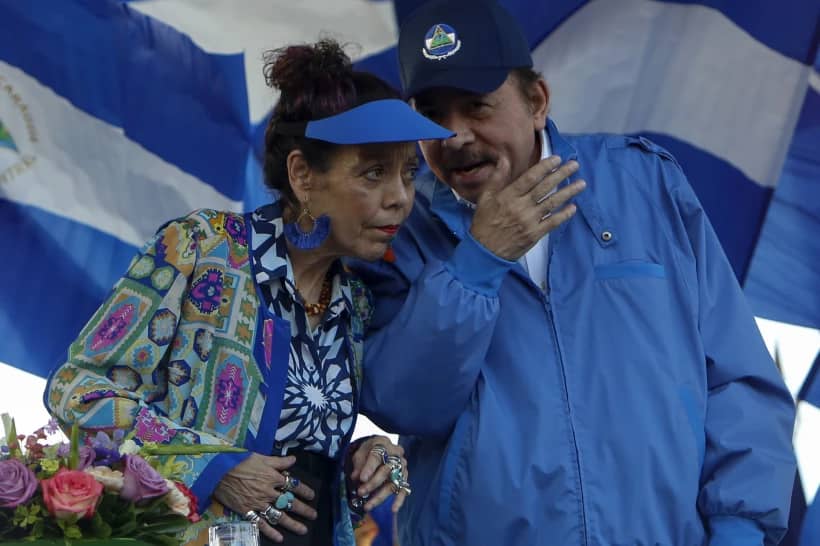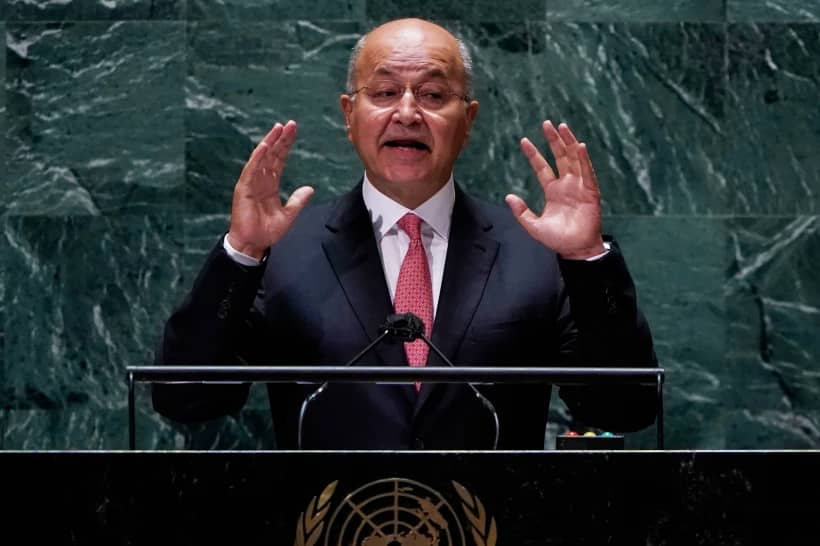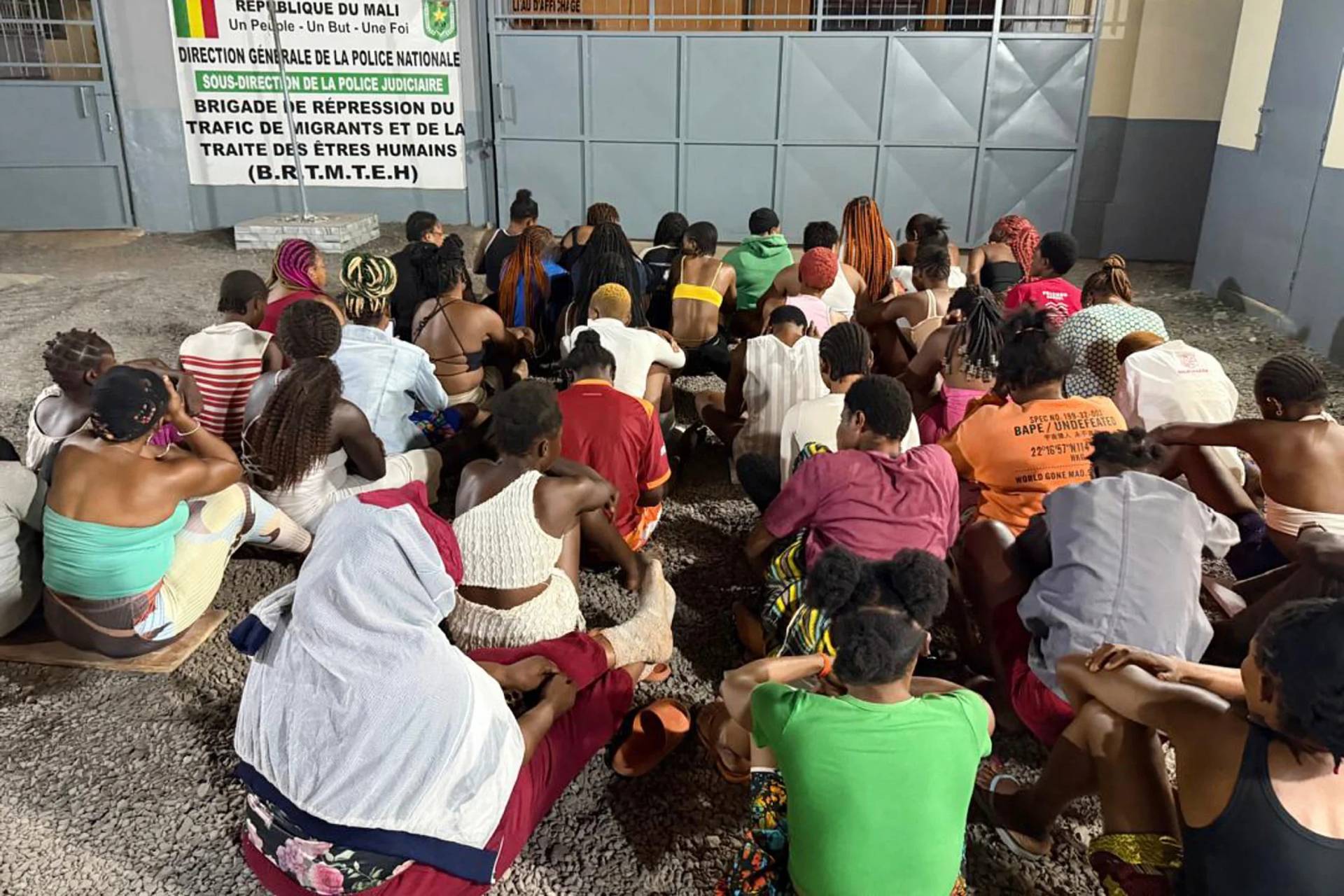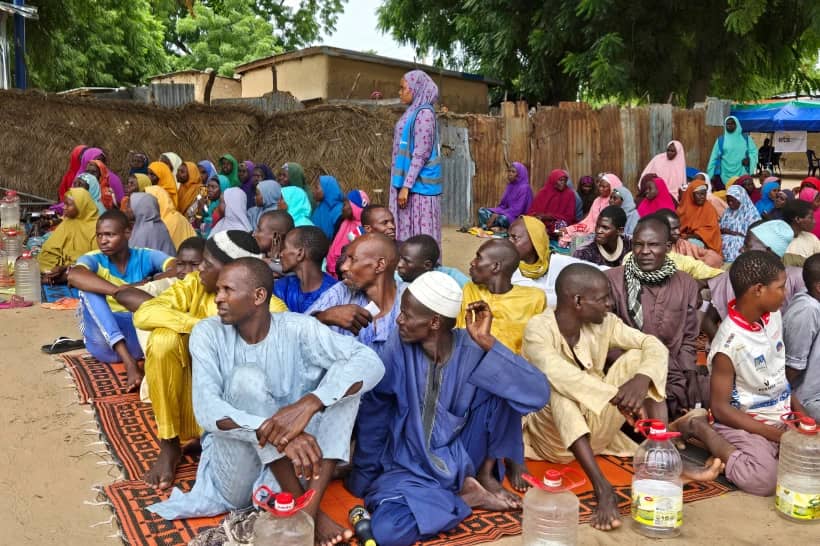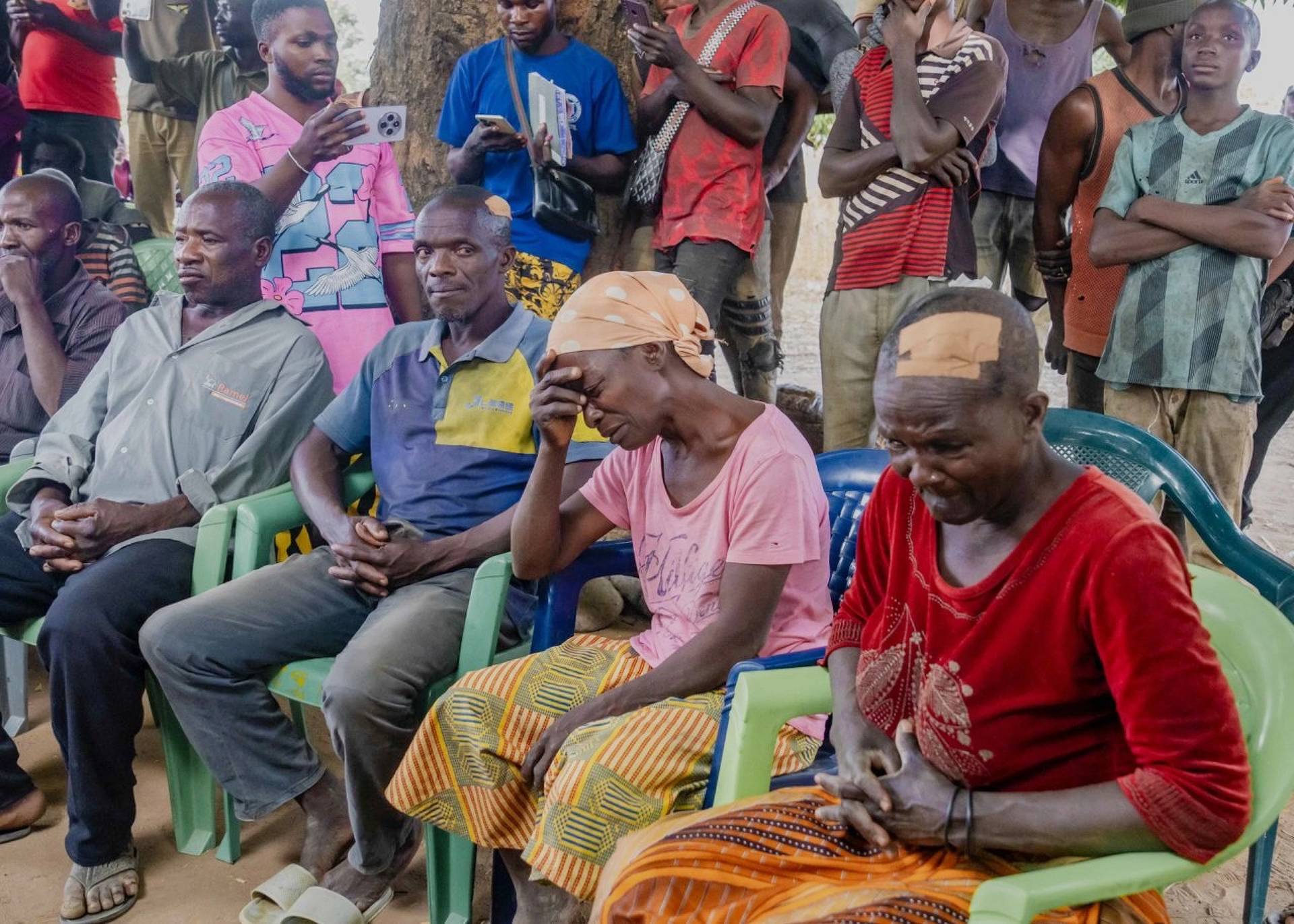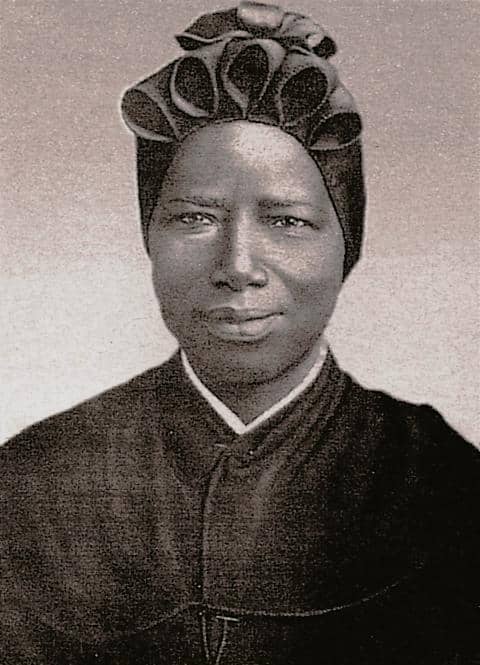YAOUNDÉ, Cameroon – Archbishop Goetbé Edmond Djitangar of N’Djamena in Chad is calling for clarity over the arrest of a Catholic priest in the African country.
Father Simon-Pierre Madou Baïhana, parish priest of the church of Blessed Isidore Bakandja in Walia Goré, was arrested by security agents under circumstances some say looked more like a kidnapping than a regular arrest.
According to the archbishop, gunmen wearing head coverings stormed the parish premises in unidentified vehicles at about 6:33 pm local time. They forced the parish gate open by shooting the padlock four times and took the priest away on Aug. 5.
“The arrest was ruthless despite his state of health,” the Djitangar said in a statement the same day.
“Father Madou was ill and undergoing treatment at the Sainte Mère Teresa parish health center in Calcutta,” the archbishop said.
“This is the second time that armed men have broken into this sacred place,” he added.
The archbishop called on the Catholic faithful and sympathizers to show restraint, calm and prayer.
“We also call on the competent authorities to shed light on the real perpetrators and sponsors of this action,” he concluded.
Authorities in Chad have claimed the priest was arrested in line with the law.
“Father Madou was arrested by the police in a lawful manner and in strict compliance with the legal procedures in force,” said Abderaman Koulamallah, a government spokesperson.
He said the priest was arrested after a thorough investigation following repeated declarations by the priest that could imperil national unity.
“Father Madou’s inflammatory remarks constitute a serious breach of the law and of social peace and have thus motivated legal action in accordance with the laws of the Republic. Father Madou is currently being questioned as part of this legal procedure,” Koulamallah said.
However, the Public Prosecutor at the N’Djamena Court of First Instance, Oumar Mahamat Kedelaye, said no complaint had been registered against the priest.
The absence of an official complaint raises further questions about the real motives behind this intervention.
Madou is known for his hard-hitting critique of the Chadian administration. His arrest came just a day after he took part in a radio program in which he sharply criticized corruption and misgovernance by the Deby administration.
RELATED: Chad’s bishops urge successful presidential elections amid controversy
Chad is a religiously diverse country, with 55 percent of the country being Muslim, and over 41 percent being Christian, the majority of whom are Catholic. Chad has several regions: The Sahara Desert in the north, an arid zone in the center known as the Sahel and a more fertile Sudanian Savanna zone in the south.
Chad’s military junta promised return to democratic rule after they seized power in 2021 when former president Idriss Deby was killed on the battlefield during a conflict with insurgents.
In December 2023, a referendum saw Chadian citizens endorse a revised constitution, which has been criticized for potentially solidifying junta leader Mahamat Idriss Deby’s political dominance by permitting his presidential candidacy. The current leader is the son of the former president. Succès Masra, the current prime minister, was also running for president.
Masra, who was once a vocal critic of Chad’s military governance, had escaped abroad following lethal clashes during protests in N’Djamena in October 2022. Following a peace accord signed in November, which assured his political rights, Masra made his return to Chad, and was appointed prime minister at the beginning of this year.
The election’s preliminary results showed Deby won with just over 61 percent of the vote in May, and runner-up Masra had over 18.5 percent. Allamaye Halina was then appointed prime minister.
The October Transitional Charter prohibits “any act undermining the republican form and secularism of the state.”
However, suppression of political dissent is commonplace.








